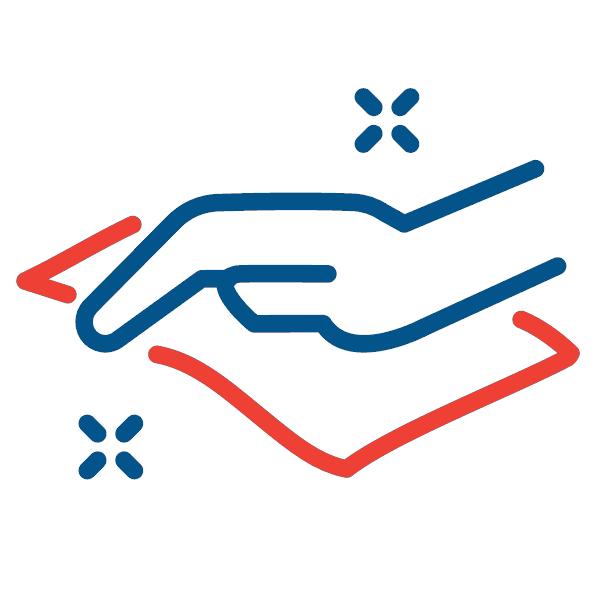Collection: Wipes, Scourers, Dusters & Cloths
Discover Central Cleaning Supplies’ comprehensive range of wipes, dusters, scourers, and cloths — perfect for kitchens, bathrooms, and industrial cleaning. Our products offer superior absorbency, scrubbing power, and durability for tackling dirt, grease, and spills on any surface. Choose trusted brands, bulk packs, and eco-friendly options with fast Australia-wide delivery for all your cleaning needs.
Shop by Category
Wipes, scourers, dusters & cloths frequently asked questions
What is the best type of cloth for cleaning windows or mirrors?
Microfiber cloths are ideal for cleaning windows and mirrors due to their absorbency, lint-free nature, and crystal-clear finish. They work well wet or dry, are reusable, eco-friendly, and long-lasting. They are a better choice than cotton towels or paper towels, as they don't leave lint and can be used with various cleaning products. Chamois and lint-free cotton cloths can also be used, but microfiber is the preferred choice for quick and gentle cleaning.
Can scourers scratch surfaces, and which scourer is safe for delicate surfaces?
Scourers can scratch surfaces, depending on their material and roughness. Non-scratch or sponge scourers are ideal for fragile surfaces like non-stick cookware, glass, porcelain, or painted finishes. Stainless steel or galvanised steel wool scourers are rough and should only be used for tough cleaning jobs. Microfiber scrub pads or plastic-based scourers are safe for surfaces and scrub well without scratches. Before using a scourer on a large area, try it on a small, hidden spot to ensure it won't damage the surface.
What’s the difference between a wiper and a rag, and when should I use each?
Wipers and rags are two types of cleaning cloths. Wipers are made from nonwoven materials and are safe and easy to use, while rags are made from recycled fabric scraps. Wipers are used for important cleaning, surface preparation, and maintaining cleanliness and consistency. They are easy to use and work with various cleaning solutions. On the other hand, rags are made from old clothes or fabric scraps and can be different in size, material, and water absorption. They require more care and are suitable for tasks where cleanliness and precision are less important.
How often should I replace cleaning cloths, rags, or scourers to prevent bacteria buildup?
Regularly change out cleaning cloths, rags, and scourers based on their usage and material. Wash them with hot water and detergent after each use and replace them if they become frayed, stained, or smelly. Microfiber cloths may not be as effective after 20 washes, so monitor their condition and replace them when needed. Scourers and sponges should be cleaned often or replaced weekly to prevent harmful pathogens from building up. In the kitchen, change or wash dishcloths and towels daily to reduce cross-contamination risk.





